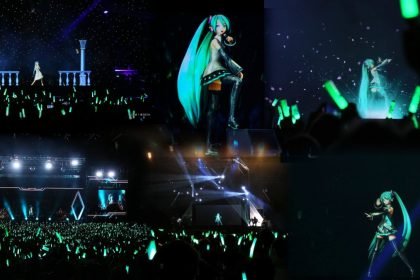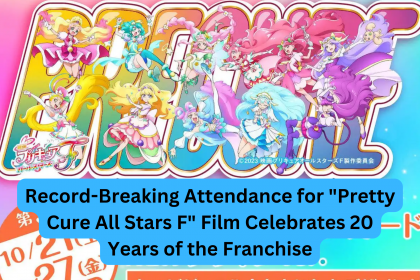Step into the dark and thought-provoking world of Death Note, a captivating anime series that explores the complex interplay between morality, justice, and power. In this article, we will unravel the intricate web woven by Death Note, delving into its main themes and raising thought-provoking questions. Join us as we navigate the moral landscape of Death Note and contemplate the implications of its power.
An Overview of Death Note
Death Note is a psychological thriller that centers around a high school student named Light Yagami who discovers a mysterious notebook, the Death Note. This supernatural notebook grants its user the ability to kill anyone whose name is written in it. As Light assumes the role of a self-proclaimed arbiter of justice, using the Death Note’s power to rid the world of criminals, he becomes entangled in a cat-and-mouse game with a brilliant detective named L.
This story raises profound questions about morality, justice, and the nature of power. It challenges viewers to contemplate the ethical implications of taking justice into one’s own hands and the consequences of wielding such immense power. Let us now explore these themes in greater detail.
Death Note, The Moral Dilemma of Justice
The Thin Line Between Justice and Vigilantism
Death Note blurs the boundaries between justice and vigilantism, forcing viewers to question the true nature of justice. Light Yagami, driven by a desire to create a crime-free world, adopts the persona of “Kira” and becomes judge, jury, and executioner. While his actions may seem morally justifiable at first, the series challenges us to critically examine the consequences of his extreme methods.
For example, Light’s ruthless pursuit of criminals raises questions about the value of due process and the role of a fair legal system. The moral dilemma presented in Death Note prompts viewers to ponder whether the ends truly justify the means and whether an individual should have the authority to decide who lives and who dies.
The Corrupting Influence of Power
Another central theme of Death Note is the corrupting influence of power. As Light embraces the role of Kira and gains control over life and death, his initial intentions become distorted. The allure of power begins to consume him, leading him down a dark and morally questionable path.
Light’s transformation serves as a cautionary tale, reminding viewers of the dangers of unchecked power and the potential for individuals to become intoxicated by their authority. Death Note’s story explores the human capacity for moral compromise when faced with immense power, challenging us to reflect on the choices we would make if granted such extraordinary abilities.
Further Readings: How Manga and Anime Teach Us About Valor
The Significance of Exploration in Death Note
A Moral Mirror
Death Note acts as a moral mirror, holding up a reflection of our own beliefs and values. By presenting complex moral dilemmas and challenging our preconceived notions of justice, the series prompts viewers to question their own moral compass and consider the consequences of their choices. It serves as a catalyst for introspection and ethical exploration, inviting us to critically analyze our own perspectives on justice and the use of power.
A Reminder of the Complexity of Morality
Furthermore, Death Note reminds us of the intricate and multifaceted nature of morality. It highlights the gray areas that exist between right and wrong, forcing viewers to confront the complexity of ethical decision-making. By presenting conflicting viewpoints and contrasting approaches to justice, the series encourages us to engage in nuanced discussions and consider diverse perspectives.
Conclusion
Death Note’s exploration of morality, justice, and the power of the the notebook creates a captivating and thought-provoking narrative. By challenging traditional notions of justice and presenting morally complex characters, the series stimulates deep introspection and raises essential questions about the nature of power and the consequences of our choices. Death Note serves as a reminder of the delicate balance between justice and vigilantism and the inherent complexities of moral decision-making.













